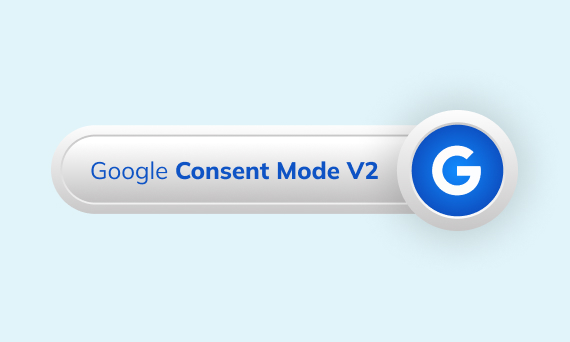Contact Us

23.08.2022
E-A-T, also known as Google’s Search Quality Evaluator Guidelines and details how should be the content, has a crucial role in content quality and web sites authorization.
E-A-T means Expertise, Authoritativeness, and Trustworthiness.
E-A-T is part of Google’s algorithm and baked into Google’s Search Quality Evaluator Guidelines.
The E-A-T criteria (Expertise, Authoritativeness, Trustworthiness) are described as a concept that websites must contain. There are quality evaluators that Google has established and received opinions from around the world, and the E-A-T criteria are determined by quality evaluators. With feedback from quality evaluators, Google measures which changes can make the search more useful.
We know that the work made by quality evaluators does not directly affect the order of search results, even though it helps Google search results.
Stating that content quality will gain more importance in the recent period, Google thinks that the E-A-T criteria should be very important, especially for YMYL (Your Money or Your Life) websites.
Expertise
According to the statement made in the Search Quality Evaluator Guidelines, the concept of expertise covers content contained on websites.
Personal experiences and advice to users shared in forums are not an example of expertise. Specific recommendations and explanations should only be made by experts.
Google only evaluates the descriptions made by experts in the field in the expertise category.
Authoritativeness
Google measures the authority of a website based on content planning, industry location, and external reference links.
The brand awareness of the site, its industry-oriented content, and references are crucial to the authoritativeness value of the website.
The concept of authoritarianism in E-A-T is related to the relevance of the brand, its position in the industry, and the user’s confidence in the brand.
Trustworthiness
The trustworthiness value of a website is directly related to how much trust that site provides to the user.
Google recommends that websites use SSL certificates to prevent users from being affected by third-party individuals. The SSL Certificate (Transport Layer Security) provides secure communication between the user and the website.
E-A-T trustworthiness criteria are particularly important for e-commerce sites. The user only spends time on websites user finds trustworthy and prefers to shop. The availability of users who don’t spend time on untrusted websites and don’t take action will directly reduce the reliability value of that site.
YMYL (Your Money or Your Life) evaluates the daily lives and websites that may affect users’ health, needs, and financial status in this category.
Your Money or Your Life (YMYL) Pages:
All websites containing the above topics are evaluated under the scope of YMYL. The point of particular importance within the aim of the YMYL is that it directly affects the health and daily life of the user and changes their financial values. For this reason, websites assessed in the YMYL category must comply with the E-A-T criteria.
YMYL pages should be converted into a website with high brand authority and confidence in the user. Care about content quality and include expert insights. It must always transmit the correct information to the user. In short, pages in the YMYL category must have E-A-T criteria first.
YMYL websites may have the title of High-Quality pages as long as they meet the E-A-T criteria. We can say that websites that have the title of high-quality pages are highly competent in the criteria of expertise, authoritarianism, and reliability.
And you can use resources to increase the authority of many websites and reflect that they are trustworthy and honest.
Perfist Blog
Similar Articles

With the transition from Universal Analytics to Google Analytics 4, there may be some issues you need to resolve. One of these issues is “unassigned” traffic. Dimensions appearing as “unassigned” / (not set) in reports negatively impact your ability to analyze and optimize. We will discuss the causes of “unassigned” traffic in your GA4 reports […]
Read More
Beginner Level Web/App Analytics
Earlier this year, Google Cloud announced that BigQuery data warehouse supports automatic data transfer from Facebook Ads. In its preview stage, this feature offers an alternative way to enhance analysis and insights by allowing the scheduling of data loading tasks. With this integration, the need for third-party tools or manual code execution is eliminated. This […]
Read More
Mid Level Web/App Analytics
By combining the app and web data in Google Analytics 4, app analysis has become more easily trackable. Firebase Analytics allows you to easily track your iOS or Android app with GA4. With numerous different tools available for mobile app tracking, being able to see both web and app data within the same property is […]
Read More
Mid Level Web/App Analytics
Businesses want to use as much data as possible from analytics and marketing cookies. However, in order to collect and use this data, they need to comply with laws such as KVKK/GDPR. By enabling Cookie Mode, Google helps to use cookies according to the level of consent. In other words, with Cookie Mode, users’ privacy […]
Read More
Mid Level Web/App Analytics